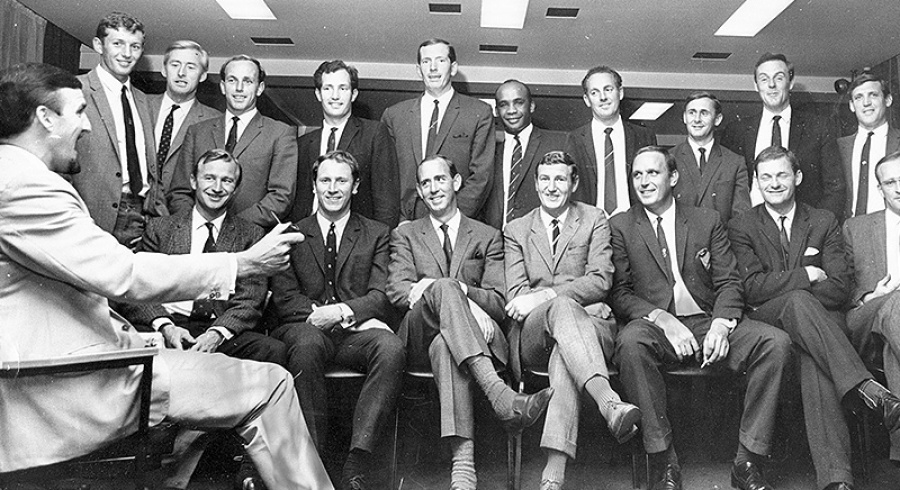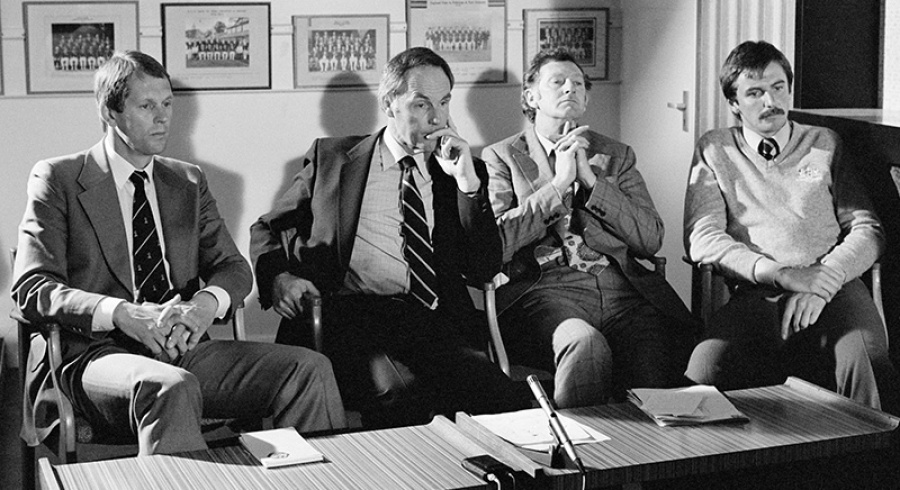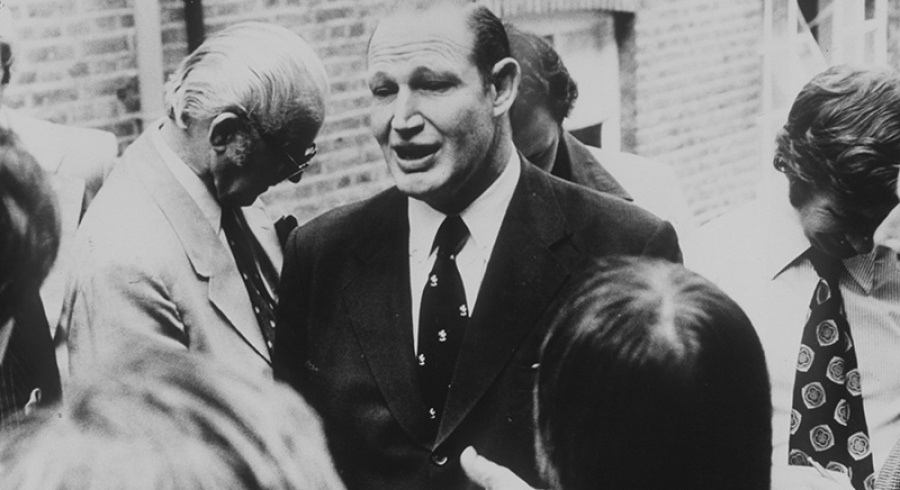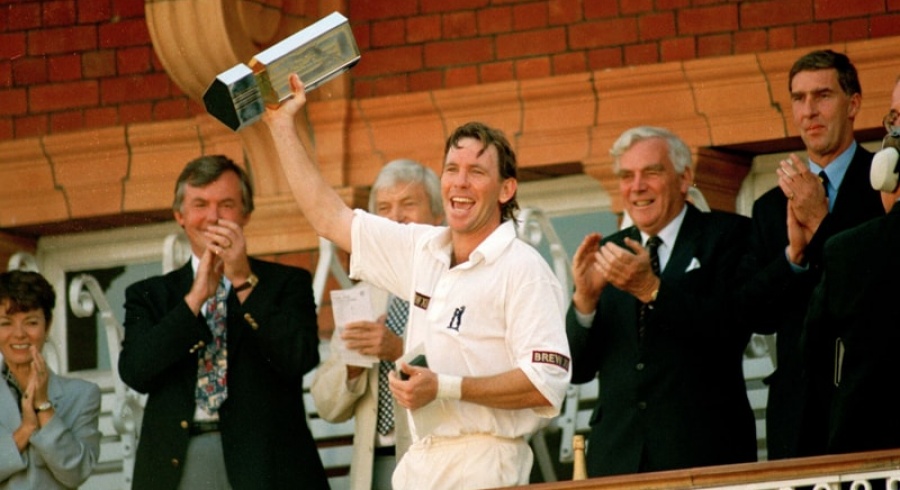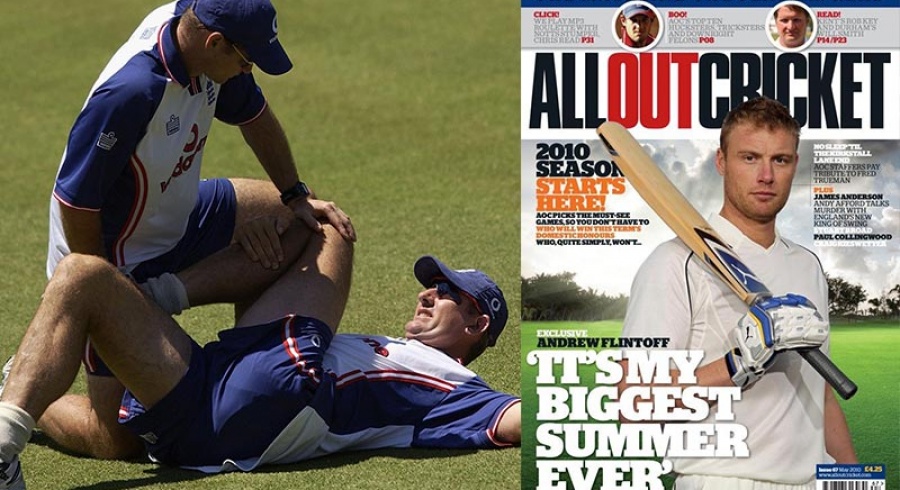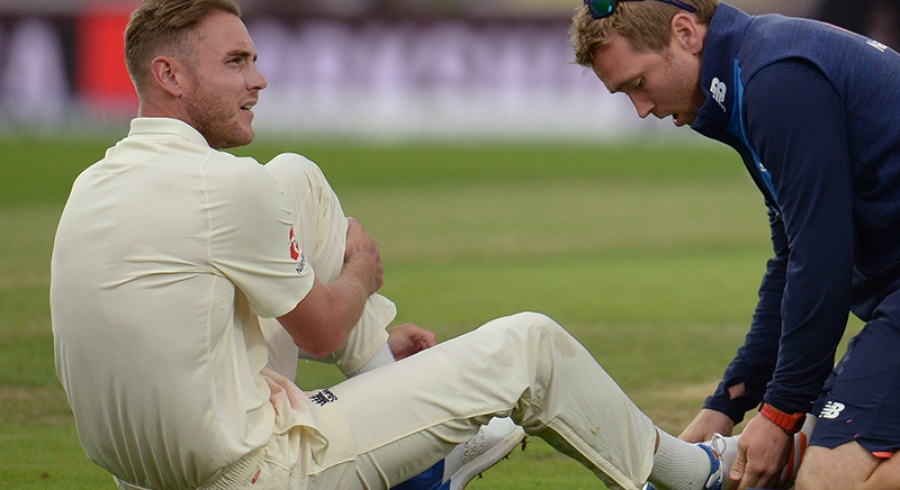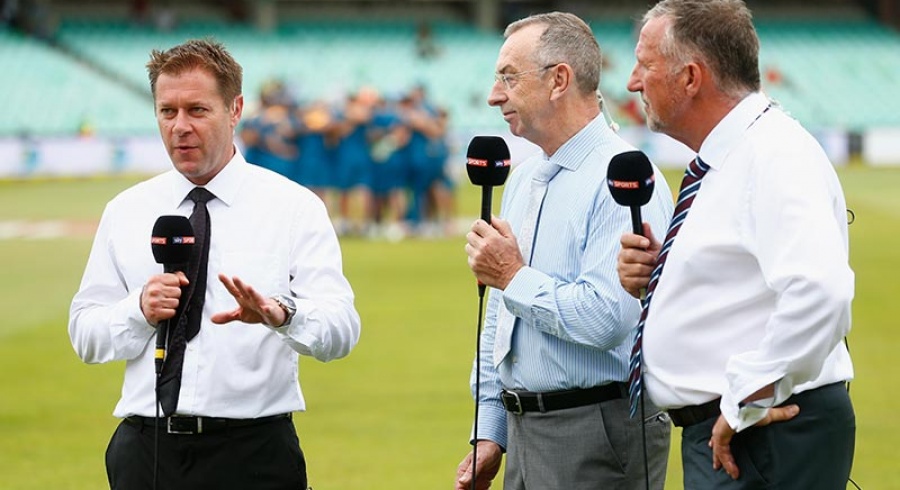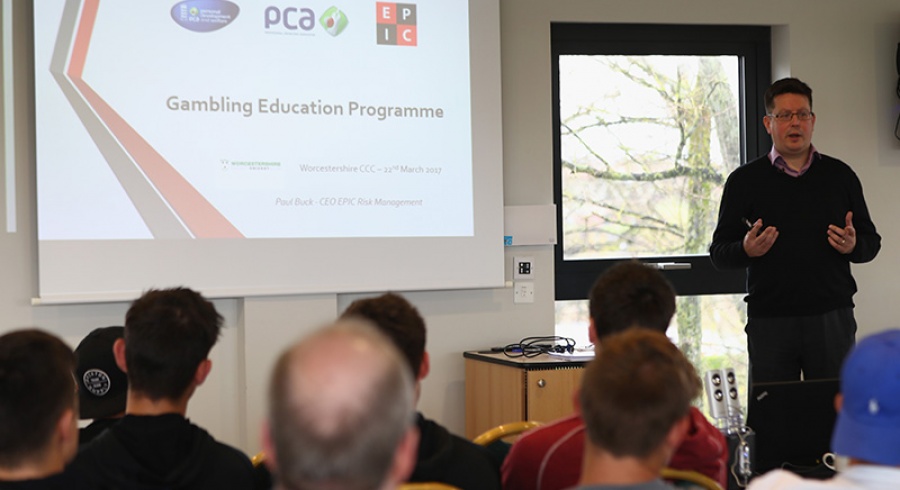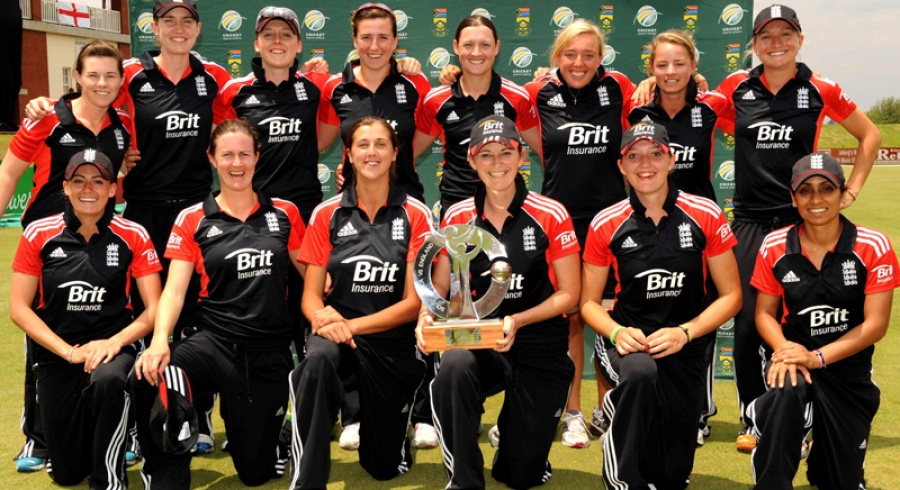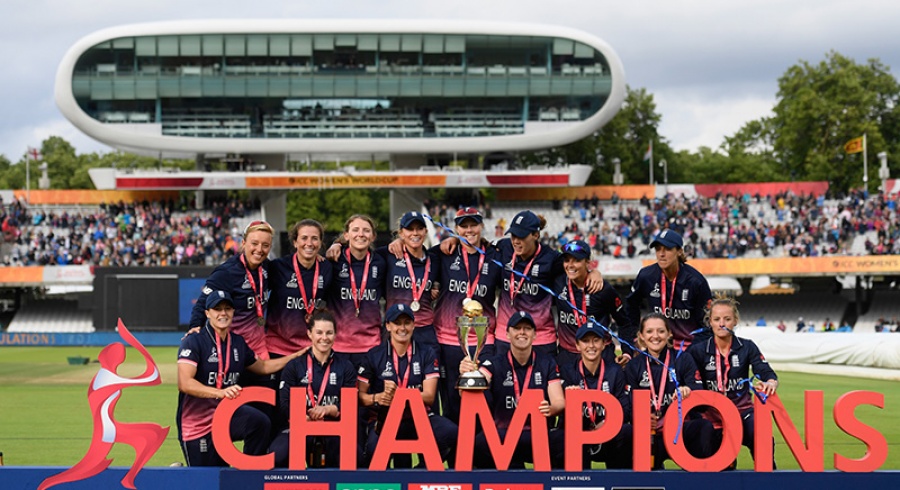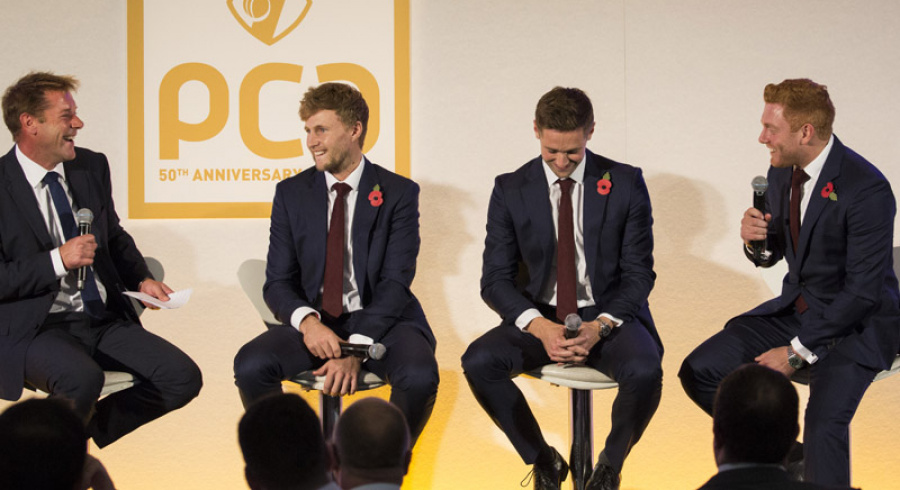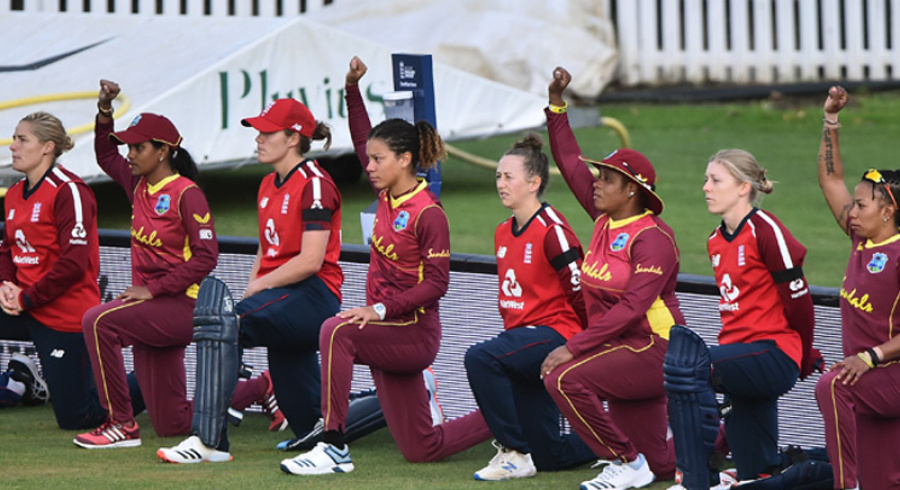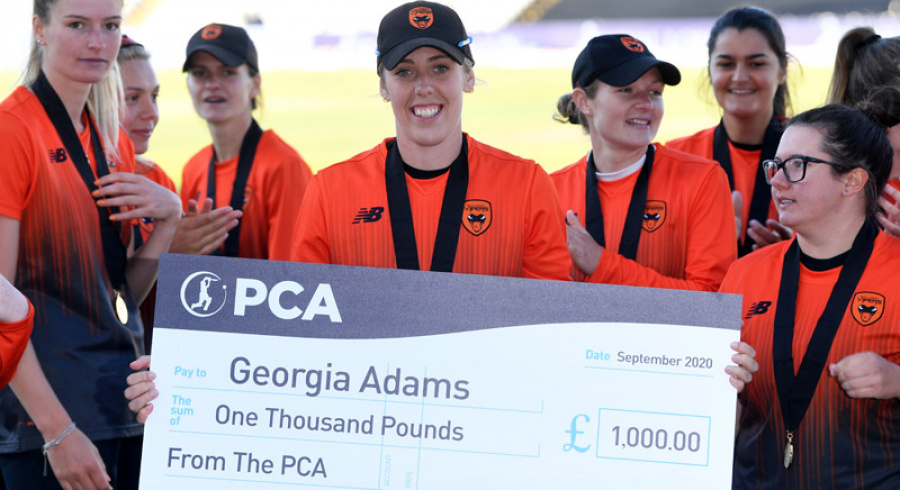The Professional Cricketers’ Association formed in 1967 to represent and improve conditions for professional cricketers across England and Wales.
Fred Rumsey highlighted to senior players and secretaries from the 17 first-class counties, that salaries were behind the national average, and contracts provided no promise of winter employment.
All sorts of names were put forward, Peter May, the Duke of Edinburgh, but Don Sheppard put his hand up and said: ‘We want someone who knows cricket!’
Jack Bannister
The Cricketers’ Association
On September 4th 1967, 16 representatives from each county (Worcestershire were on an overseas tour) met with Jimmy Hill and Cliff Lloyd of the Professional Footballers’ Association to discuss the proposed association.
Deciding to call it the Cricketers’ Association (it would become the Professional Cricketers’ Association in 1996), Northamptonshire’s Roger Prideaux was elected Chairman before resigning in 1968 and was replaced by Warwickshire’s Jack Bannister. John Arlott served as President from its formation, through to 1991.
Harold Goldblatt, a London-based accountant working for the Association, lobbied for a minimum wage to the Test and County board, with £4,000 a year for each player being agreed in 1975.
Goldblatt and Lawrie Doffman (Association legal advisor) also drew up the first standard cricket contract, challenged county registration regulations and negotiated a £400 player fee with the introduction of the John Player League in 1969, which ran on their traditional Sunday day off.
Image: Cricket and broadcasting legend John Arlott served as president for 24 years
Historical Timeline



















































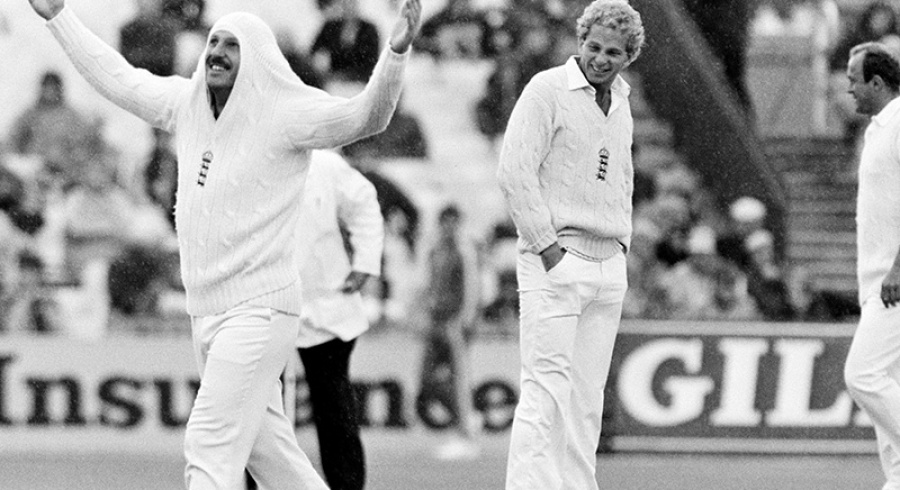

1985
PCA persuade the TCCB to donate the players’ share of over rate fines to a new charity in aid of former players and their dependants -The Cricketers’ Association Charity



















































1997
Launch of PCA Management Ltd and the PCA Business Club. Launch of PCA Take Guard Insurance Programme - comprehensive insurance for injury and disability

















































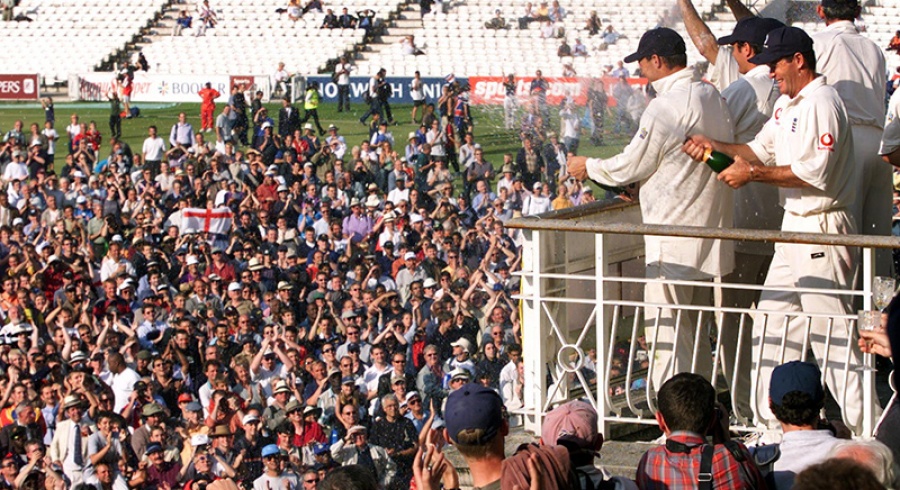

2000
- PCA Professional Cricketers' Trust set up to provide assistance for current players with financial support for injuries and post-career initiatives.- Launch of PCA website www.cricnet.com

























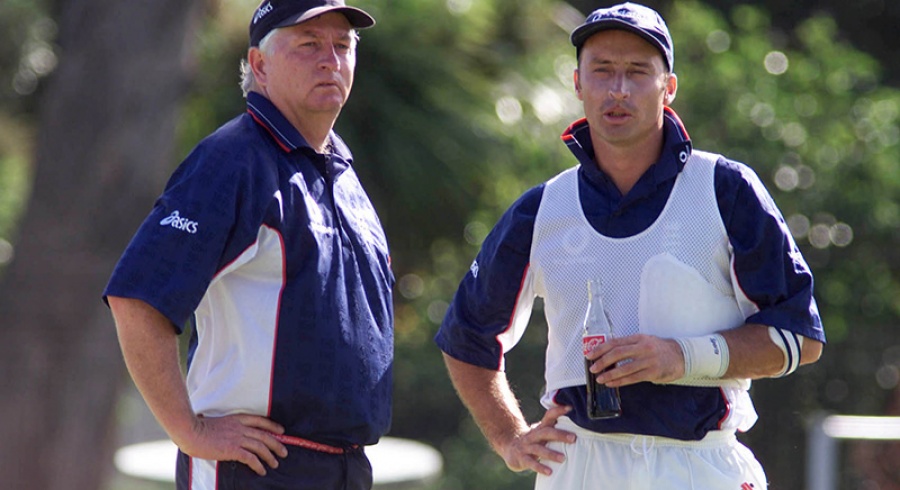

2001
Launch of Team England Player Partnership. PCA plays key role in formation of FICA - the representative body of international cricketers
























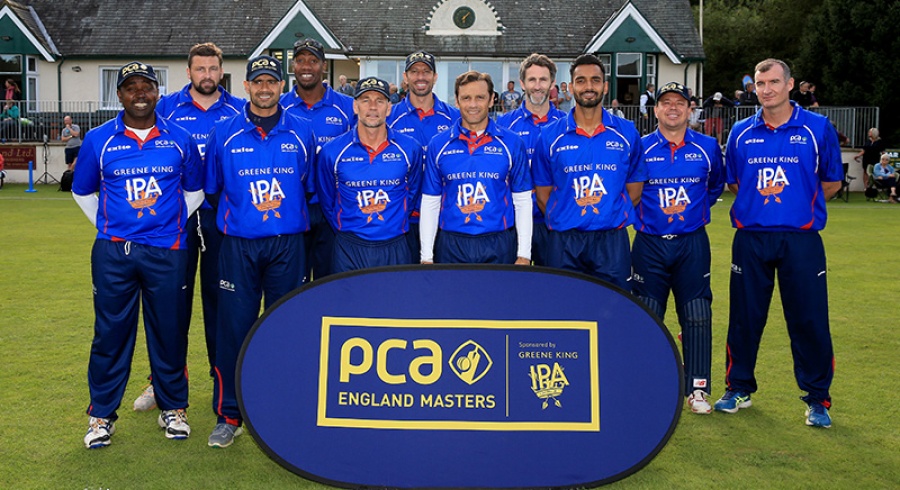

2001
Launch of PCA Masters Cricket Programme. PCA introduce Zone 6 City Cricket, a short form version of the game and the forerunner of Twenty20. The inaugural competition was played at Bristol with subsequent tournaments at Edgbaston (2002) and Brighton (2003). Zone 6 involved six city teams in six-overs-a-side contests with each tournament completed in a day.





















































































































































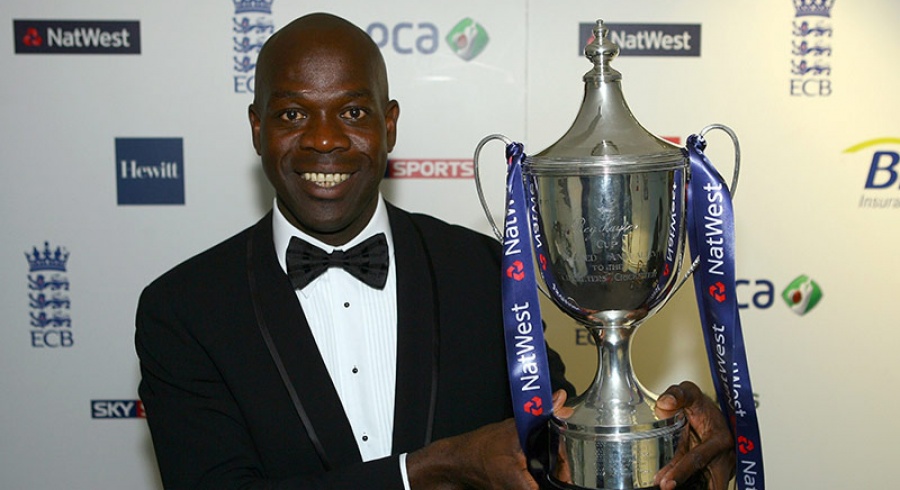

2007
- Cricketers' Trust Ltd established as a company.- Launch of PCA MVP-Rankings
- Launch of PCA Member Confidential Helpline and support network is launched-Rankings




































































































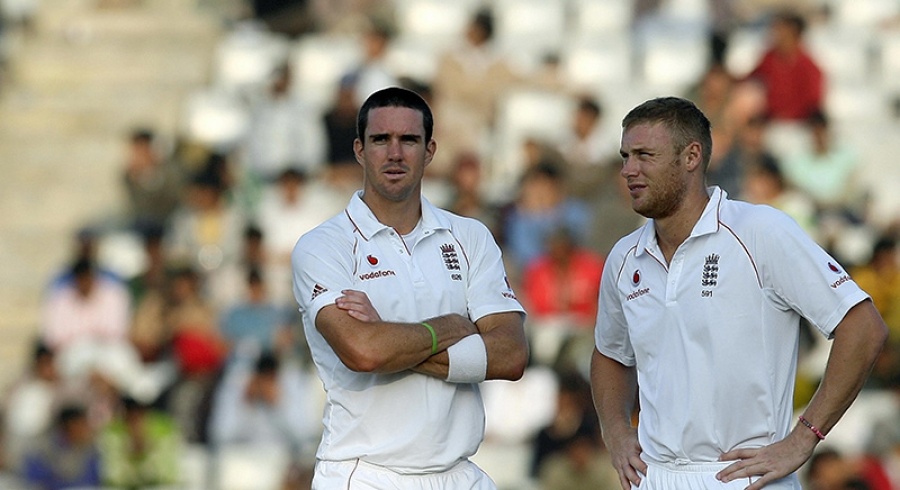

2012
- ‘Mind Matters’ Online Tutorials are launched- £1m landmark figure surpassed for member educational funding





























































































































Remembering PCA’s 50th Anniversary
In 2017, the PCA reflected on five decades of safeguarding the rights of past, present and future first class cricketers.
A Legacy Year Appeal was launched during the 50th anniversary with members encouraged to donate memorabilia, experiences and their time to raise money throughout the year for the Professional Cricketers’ Trust with a record £700,000 being raised for the players’ charity.
The 50th anniversary also saw the PCA run 30 events throughout 2017 headlining with the NatWest PCA Awards, Ashes Farewell and the 50th Anniversary Dinner at the Roundhouse with PCA President Andrew Flintoff.
The PCA marked the 50th anniversary with a documentary series covering the first five decades of the organisation from the founding fathers to the current position of the player association which can be viewed below.
The PCA are a true representation of the player in today’s cricket. They have developed the ideas we had initially and polished them.’
Fred Rumsey
THROUGH THE YEARS
The below nine chapters continue to explain the progression of the player association during the first 50 years.
